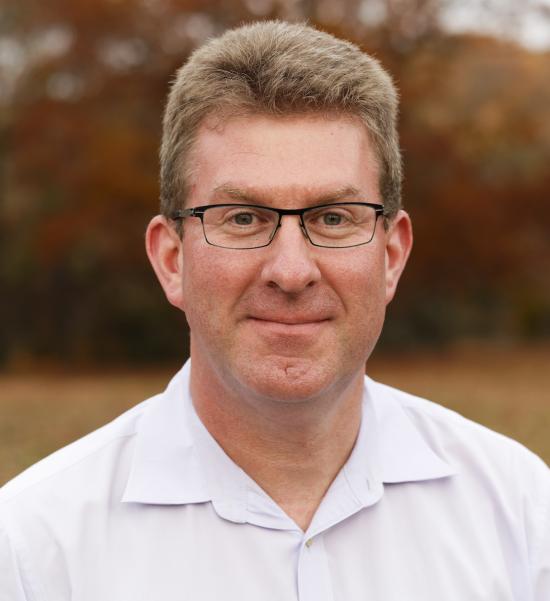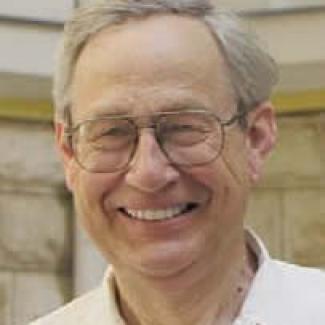Identity, Authority and Ontology in the Age of AI
Rob Sanderson
Identity management is a foundational task for the preservation and stewardship of cultural and natural heritage, and the current process relying on controlled vocabularies of authorized name forms, rather than their underlying identifiers, is already close to irrelevant.
With the deep integration of large language model–powered techniques into both the discovery layer for end users and the cataloging process for cultural organizations, systems will necessarily use a consensus network of linked identities to manage people, groups, places, concepts, events, and beyond rather than a (changing) string blessed by self-declared authorities. As more and more interfaces become voice activated, keyword searching will become increasingly archaic speeding the demise of name authorities.
In order to function in this rapidly changing world, cultural organizations will have to build on top of shared, foundational ontologies of relationships and distributed knowledge networks to be able to satisfy users’ needs. This presentation will walk through the thinking and the path forward to a relatively near-term solution.
This seminar will be held both online & in person. You are welcome to join us either in South Hall or via Zoom.
For online participants
Online participants must have a Zoom account and be logged in. Sign up for your free account here. If this is your first time using Zoom, please allow a few extra minutes to download and install the browser plugin or mobile app.
Speaker
Rob Sanderson is senior director for digital cultural heritage at Yale University, where he works to harmonize and provide access to research quality data, in a human-oriented way. He is the technical architect and visionary for LUX, Yale’s cross-collection discovery platform built using the Linked Open Usable Data paradigm and technologies. He is chair of the Linked Art working group and long-standing editor for IIIF specifications, and has been co-chair and editor of foundational W3C specifications.
He worked previously at the J. Paul Getty Trust and at the Stanford University Libraries, where he focused on facilitating technology collaboration. In addition to holding a Ph.D. in French and history, he’s also a world-renowned information scientist with expertise in linked open data and the digitization of cultural heritage.











